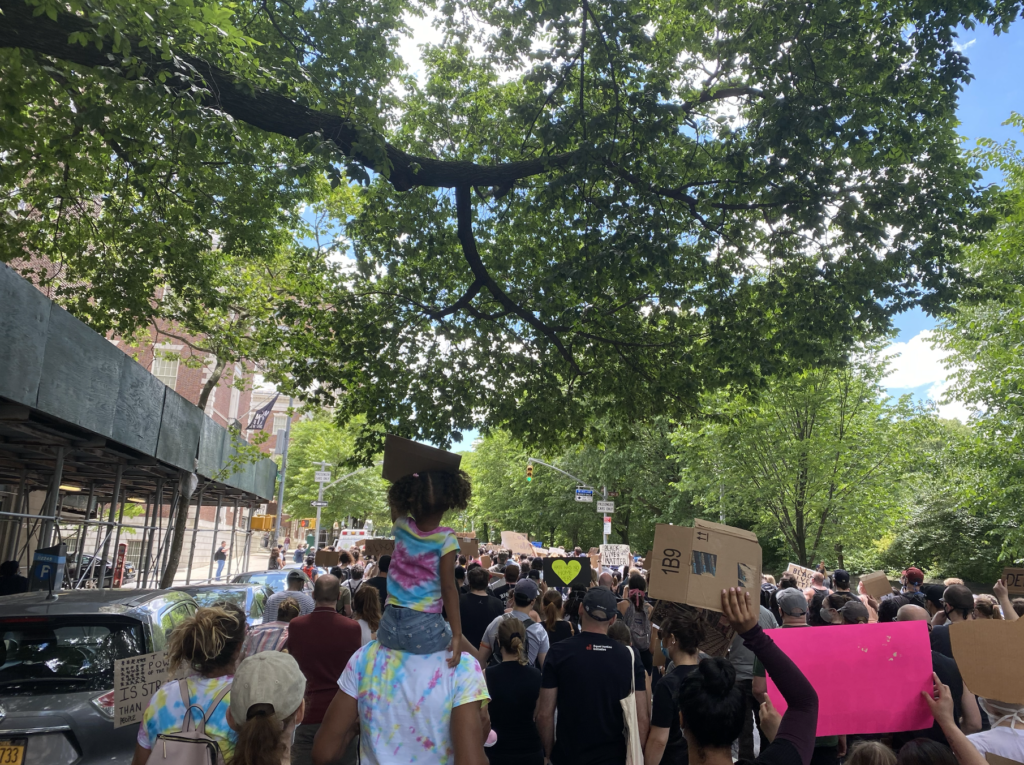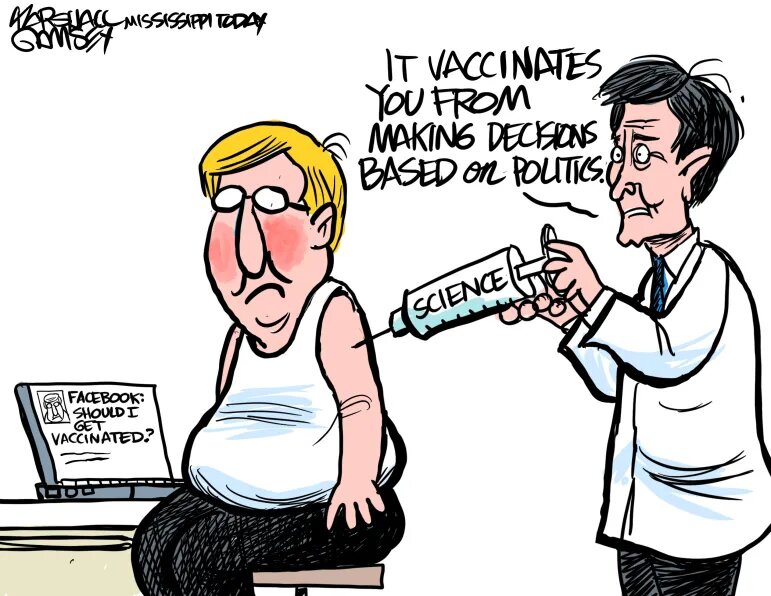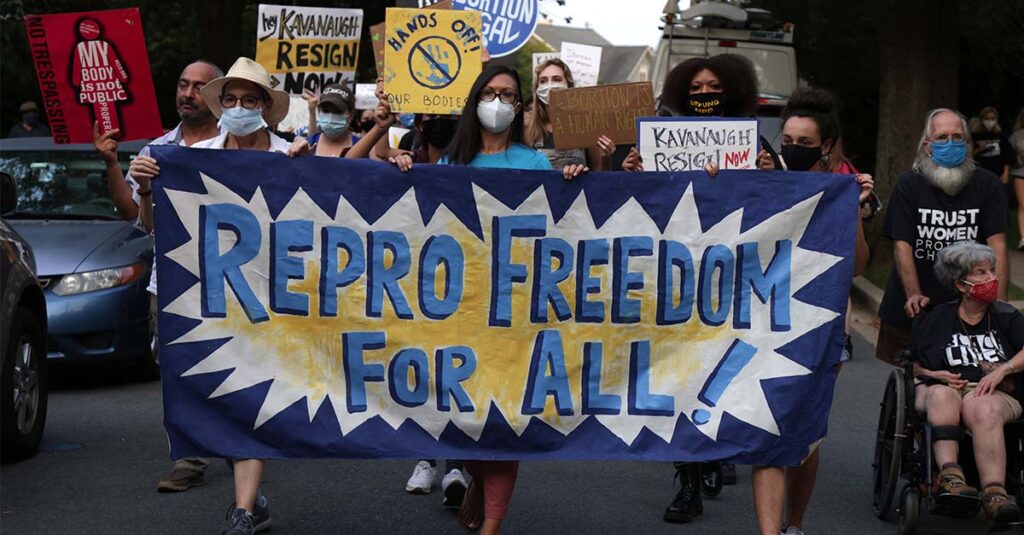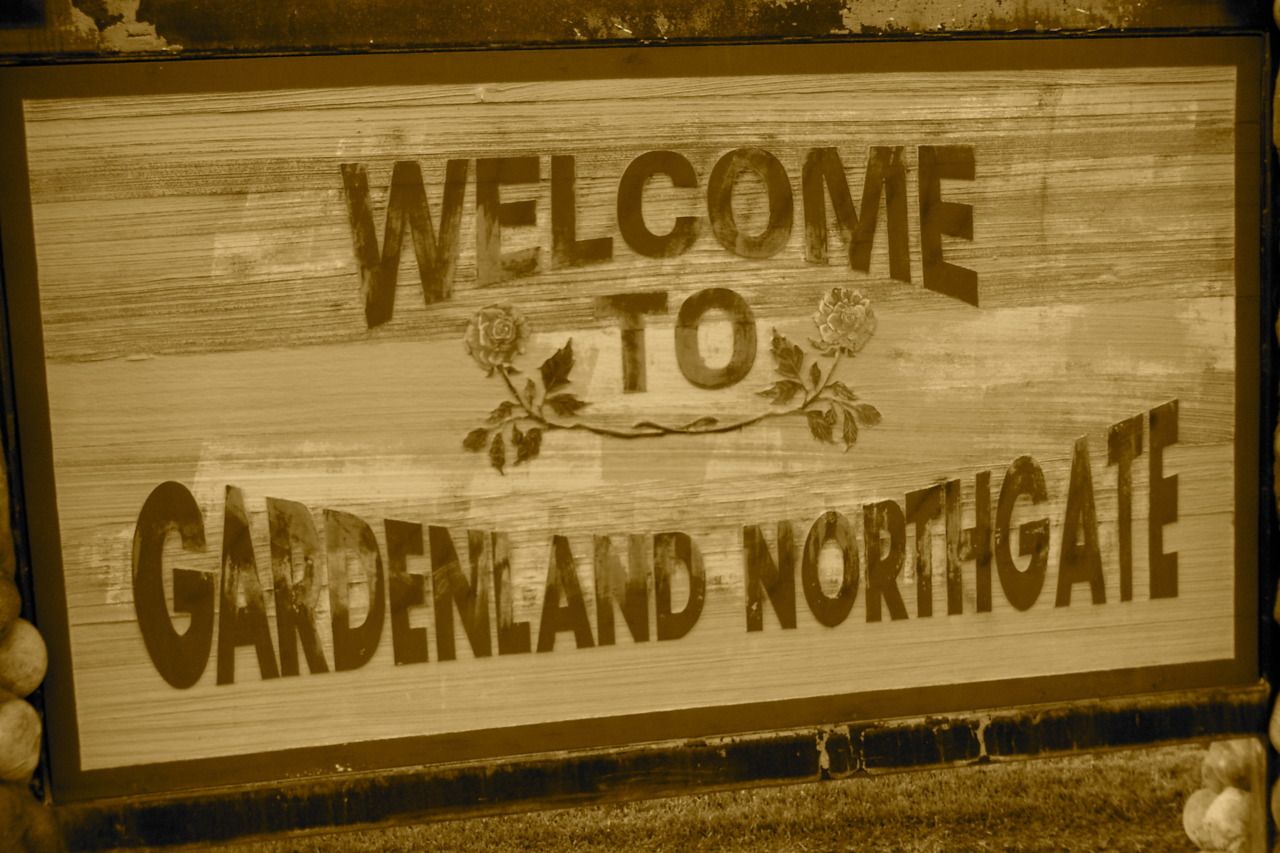“Who you surround yourself with is who you become.” This concept, also known as the law of attraction, goes back at least to Confucius in the 6th century BC. All these centuries later, its wisdom has stood the test of time and often comes to mind when I think about my friends in college, who have become a second family of sorts. In college my friends and I live, eat, study, and relax together, and through these shared experiences I have come to understand how many ways there are to live by one’s own values and give back.
Growing up under my parents’ roof, my ideas of giving back were based solely on more traditional forms of community support – volunteering at a soup kitchen, taking care of my family members, and giving money to charity. However, as I settled into college life, I began to see just how many forms giving back can take on, and how personal the best forms of giving back can be. Because of the many obligations that make time precious in college, the framework of volunteering that I turned to growing up no longer fit in my life. Instead, I learned how impactful it is to integrate personal passions into activities that align with one’s own values.
It wasn’t until I got to college that I realized how much my practices surrounding personal values were enforced by my parents. They instilled the value of hard work by encouraging me to practice violin every day, study hard in school, and diligently seek out volunteer opportunities and part-time jobs. Furthermore, I grew up in a Jewish household and spent lots of time going to Hebrew school, services, and the youth group at my synagogue, where I learned about the Jewish principles of repairing the world and helping those around you.
In a college environment, friendship is more than an outlet for fun – my friends are my support system, and their values make a difference. According to the research of social psychologist Dr. David McClelland of Harvard, the people you associate with determine 95% of your success or failure in life. My friends at college couldn’t care less whether I go to Friday night services or practice violin every day, but they do inspire me through their practices of spreading good in the community and beyond.
One of my friends is very passionate about composting – just by listening to him talk about reducing personal waste, it is easy to see how deeply he cares about the environment. Over the course of this past school year, his gentle preaching has convinced all of his friends to start composting, including myself. I see the impact of his benevolence whenever I go over to our mutual friends’ houses and see the compost buckets that he personally distributed. He even gave one of our friends a hand-painted bucket covered in smiley faces and flowers. Although people too often forgo cutting down on personal waste because doing so can feel futile, my friend’s impact has been prolific due to his influence on others, and will continue to multiply as I pass on his wisdom by encouraging my own friends to compost.
Another friend of mine is passionate about social justice, and often speaks about her involvement with Students Organizing for Labor Rights, a club advocating for campus workers who are so often treated with negligence by the university. She promotes change by spreading awareness of overlooked local and international social issues on social media, as well as providing information about mutual aid funds. Her welcoming attitude in the face of difficult issues inspires me to get involved, and she often invites groups of friends to attend protests with her. I will never forget the first protest I attended with her, a march remonstrating police violence in Chicago. My friend became a leader of sorts, sharing her knowledge of what to bring and how to act in case of an emergency, as well as leading rally cries at the march. Her eagerness to discuss social issues has encouraged me to become more involved with local social justice issues.

Living in a time marked by a pandemic, political tumult, and rising levels of adolescent mental health issues, it is not always easy to find the motivation to uphold personal values. Whether I am picking up pieces of trash on the street or attending protests with my friend, upholding personal values comes easy when it also means spending time with friends and watching them thrive in their element. Seeing my friends take action around things that are important to them inspires me to pursue my own passions. My friends have played a key role in encouraging me to pursue my own musical passion, and their support motivates me to continue. For me, becoming a DJ is not all about my love for music – my main goal as a DJ is to create a space on the dance floor that invites anyone and everyone to express themselves fully. I hope to create something special for others to experience, and spread joy. And ultimately, by sticking true to my own taste and persona, I hope to encourage others to go after what is important to them too.

By Lu Poteshman
Lu is a rising senior at Northwestern University, where she studies English Literature with a minor in Art, Theory and Practice. She is passionate about all things music and art, and loves to paint, draw, design things, write creatively, cook and explore in her free time. She is currently working towards her dreams of being a book editor by day and DJ by night.
For over 20 years, the Campus Clipper has been offering awesome student discounts in NYC, from the East Side to Greenwich Village. Along with inspiration, the company offers students a special coupon booklet and the Official Student Guide, which encourages them to discover new places in the city and save money on food, clothing, and services.
At the Campus Clipper, not only do we help our interns learn new skills, make money, and create wonderful e-books, we give them a platform to teach others. Check our website for more student savings and watch our YouTube video showing off some of New York City’s finest students during the Welcome Week of 2015.





